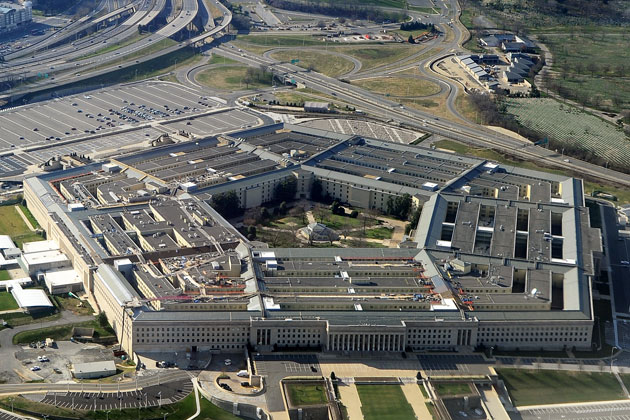ProPublica
July 28, 2013

In a major national security speech this spring, President Obama said again and again that the U.S. is at war with “Al Qaeda, the Taliban, and their associated forces.”
So who exactly are those associated forces? It’s a secret.
At a hearing in May, Sen. Carl Levin, D-Mich., asked the Defense Department to provide him with a current list of Al Qaeda affiliates.
The Pentagon responded – but Levin’s office told ProPublica they aren’t allowed to share it. Kathleen Long, a spokeswoman for Levin, would say only that the department’s “answer included the information requested.”
A Pentagon spokesman told ProPublica that revealing such a list could cause “serious damage to national security.”
“Because elements that might be considered ‘associated forces’ can build credibility by being listed as such by the United States, we have classified the list,” said the spokesman, Lt. Col. Jim Gregory. “We cannot afford to inflate these organizations that rely on violent extremist ideology to strengthen their ranks.”
It’s not an abstract question: U.S. drone strikes and other actions frequently target “associated forces,” as has been the case with dozens of strikes against an Al Qaeda offshoot in Yemen.
During the May hearing, Michael Sheehan, Assistant Secretary of Defense for Special Operations and Low-Intensity Conflict, said he was “not sure there is a list per se.” Describing terrorist groups as “murky” and “shifting,” he said, “it would be difficult for the Congress to get involved in trying to track the designation of which are the affiliate forces” of Al Qaeda.
Sheehan said that by the Pentagon’s standard, “sympathy is not enough…. it has to be an organized group and that group has to be in co-belligerent status with Al Qaeda operating against the United States.”
The White House tied Al Qaeda in the Arabian Peninsula and “elements” of Al Shabaab in Somalia to Al Qaeda in a recent report to Congress on military actions. But the report also included a classified annex.
Jack Goldsmith, a professor at Harvard Law who served as a legal counsel during the Bush administration and has written on this question at length, told ProPublica that the Pentagon’s reasoning for keeping the affiliates secret seems weak. “If the organizations are ‘inflated’ enough to be targeted with military force, why cannot they be mentioned publicly?” Goldsmith said. He added that there is “a countervailing very important interest in the public knowing who the government is fighting against in its name.”
